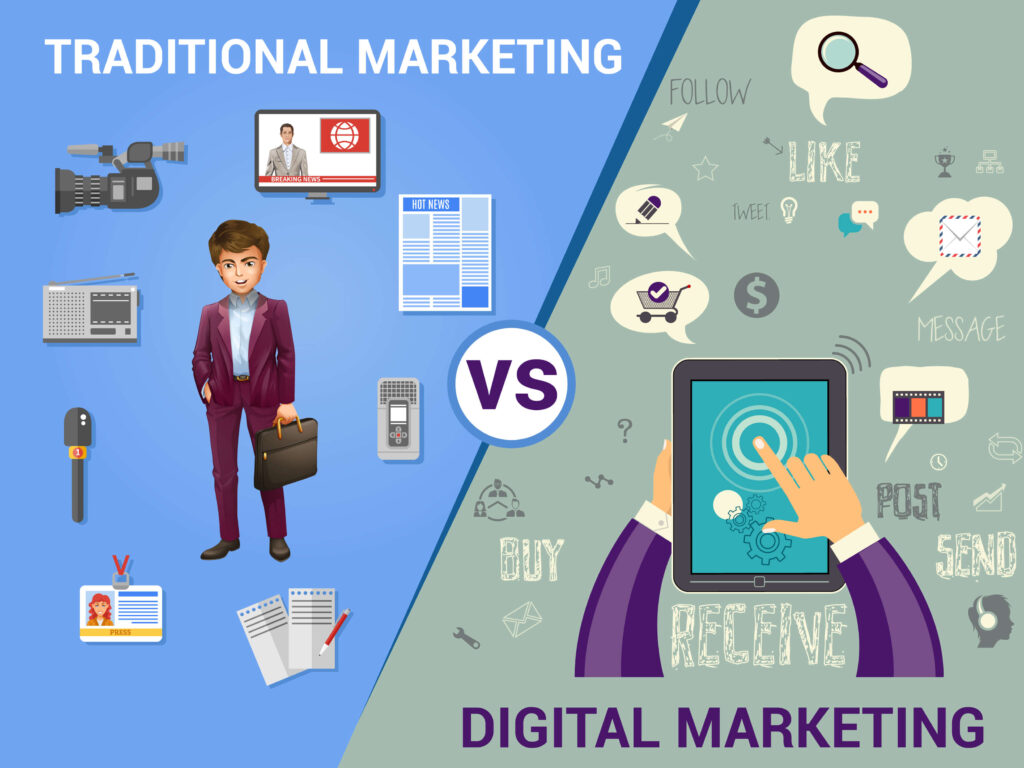In today’s digital age, data-driven marketing strategies have become paramount for driving results and achieving success. With the abundance of information available, businesses have an unprecedented opportunity to leverage data to make informed decisions and optimize their marketing efforts. Data-driven digital marketing involves collecting, analyzing, and utilizing data from various sources to gain insights into consumer behavior, preferences, and trends. This valuable information enables marketers to develop highly targeted campaigns, personalize customer experiences, and optimize marketing channels for maximum impact. One of the key advantages of data-driven digital marketing strategies is their ability to provide a deep understanding of the target audience. By analyzing demographic data, online behavior, and purchasing patterns, businesses can create detailed customer personas. These personas act as a blueprint for developing tailored marketing messages and delivering them through the most effective channels.
 Furthermore, data-driven marketing strategies enable businesses to measure the effectiveness of their campaigns in real-time. With the availability of advanced analytics tools, marketers can track key performance indicators KPIs such as click-through rates, conversion rates, and customer lifetime value. This data provides valuable feedback on the success of marketing initiatives, allowing for quick adjustments and optimization. By continuously monitoring and analyzing data, marketers can identify trends, uncover areas for improvement, and make data-backed decisions to drive better results. Personalization is another crucial aspect of data-driven digital marketing strategies. By harnessing data, businesses can create personalized experiences for their customers, who fosters deeper engagement and brand loyalty. By tracking user preferences and behaviors, marketers can deliver targeted content, product recommendations, and offers that resonate with individual customers. This level of personalization enhances the overall customer experience, leading to increased customer satisfaction, repeat purchases, and positive word-of-mouth.
Furthermore, data-driven marketing strategies enable businesses to measure the effectiveness of their campaigns in real-time. With the availability of advanced analytics tools, marketers can track key performance indicators KPIs such as click-through rates, conversion rates, and customer lifetime value. This data provides valuable feedback on the success of marketing initiatives, allowing for quick adjustments and optimization. By continuously monitoring and analyzing data, marketers can identify trends, uncover areas for improvement, and make data-backed decisions to drive better results. Personalization is another crucial aspect of data-driven digital marketing strategies. By harnessing data, businesses can create personalized experiences for their customers, who fosters deeper engagement and brand loyalty. By tracking user preferences and behaviors, marketers can deliver targeted content, product recommendations, and offers that resonate with individual customers. This level of personalization enhances the overall customer experience, leading to increased customer satisfaction, repeat purchases, and positive word-of-mouth.
Data-driven Digital marketing agency strategies also empower businesses to stay agile and adapt to changing market dynamics. By constantly analyzing data, marketers can identify emerging trends, consumer demands, and competitive landscapes. This knowledge enables them to make data-backed predictions, anticipate market shifts, and proactively adjust their marketing strategies to stay ahead of the competition. Whether it is adjusting ad spend, optimizing landing pages, or refining messaging, data-driven insights empower businesses to make data-backed decisions that drive tangible results. In conclusion, data-driven digital marketing strategies have become essential for businesses looking to succeed in the digital landscape. By leveraging data to understand their target audience, measure campaign effectiveness, personalizes customer experiences, and stay agile, businesses can drive better results and achieve their marketing objectives. In this era of information abundance, data is the key to unlocking marketing success, and organizations that harness its power are poised to gain a competitive advantage in the market.

